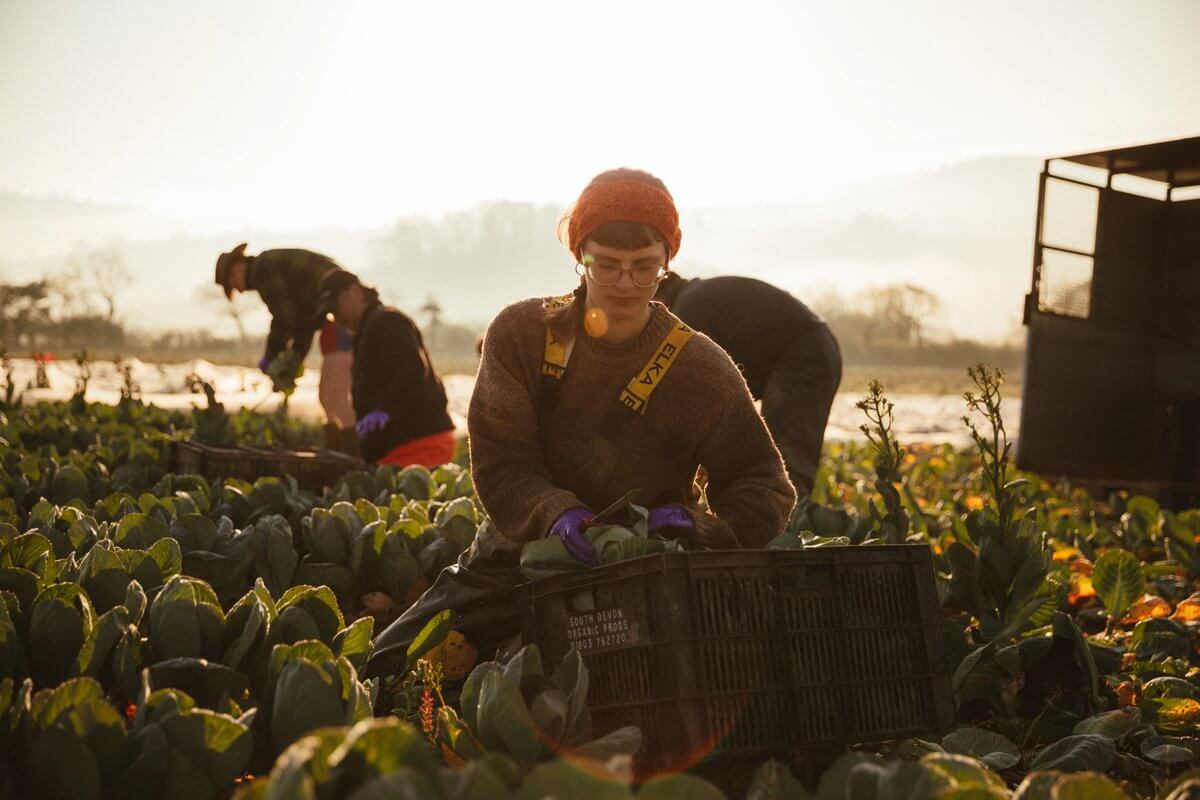“If I asked you how much of the ocean is truly protected, what would you say?” asks broadcaster and Cambridge University-educated natural scientist, Sir David Attenborough. The answer, shockingly, is “less than 3%.” If the ocean is not truly protected, then neither are we—yet Attenborough buoys us up with the hope that a sea change may be on the way.
In the documentary-film, Ocean, we take a deep dive into a wondrous underwater world, uncovering the latest discoveries of marine science and modern-day ocean exploration, such as giant kelp forests that border 25% of the world’s coasts. These towering species of algae form “high-rise” communities, with each inhabitant essential for the harmony and survival of the ecosystem. Attenborough tells us that finding these forests is equivalent to “discovering a new tropical rainforest full of marvels we’d barely glimpsed before.”
We encounter, too, sea grass meadows swaying greenly beneath the waves. The world’s largest has been found in the Bahamas—and fascinatingly, Attenborough tells us that these “ocean jungles and meadows absorb far more carbon than the same area of rainforest on land.” As such, they are vital in combatting climate change.
However, these aquatic habitats—and all the creatures that make their home within them—are under threat from modern industrial bottom trawling. This is a fishing method that involves dragging huge metal chains and nets across the seabed—a practice that leaves behind a wake of destruction that can be seen from outer space.
As a viewer, it is horrifying to witness these lush underwater landscapes ripped up, transformed from technicolour havens of life to empty, monochromatic cemeteries—and to see the animals trapped, helplessly, within the giant net. To know that many trawlers are only hunting for one species, and that three-quarters of their catch may be discarded like rubbish, only emphasises how heartbreaking and wasteful this practice is—and to make matters worse, as the seabed is repeatedly ploughed, copious amounts of carbon dioxide are released, directly contributing to global warming.
Although we may despair, Attenborough tells us that there is still hope for marine recovery, citing the example of the Channel Islands off the coast of California, USA, as inspiration. Once an area where biodiversity had been decimated and kelp forests destroyed by ecosystem imbalances caused by overfishing, within just 5 years of becoming a Marine Protected Area, the forest and marine life are flourishing once more, with positive effects rippling out beyond this ‘no-take zone’.
Offering another reason to be optimistic, we are now halfway through the United Nations’ ‘Decade of Ocean Science for Sustainable Development’, with scientists urging us to protect at least a third of the ocean to save it from collapse. Many countries are now promising to protect 30% of the world’s oceans by 2030—and Attenborough’s latest offering is an essential watch for anyone who loves the sea and wishes to safeguard it, reminding us that by shielding the ocean from harm, we are also protecting our climate, our food supply and, ultimately, our home.
Ocean with David Attenborough (Directors: Toby Nowlan, Keith Scholey, Colin Butfield), 2025. Reviewed by R.B.L. Robinson. Now available to view on Disney+.









